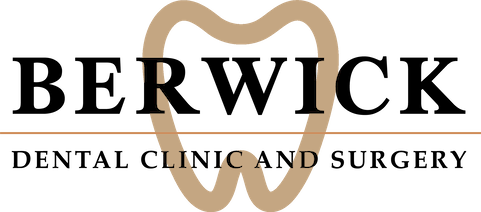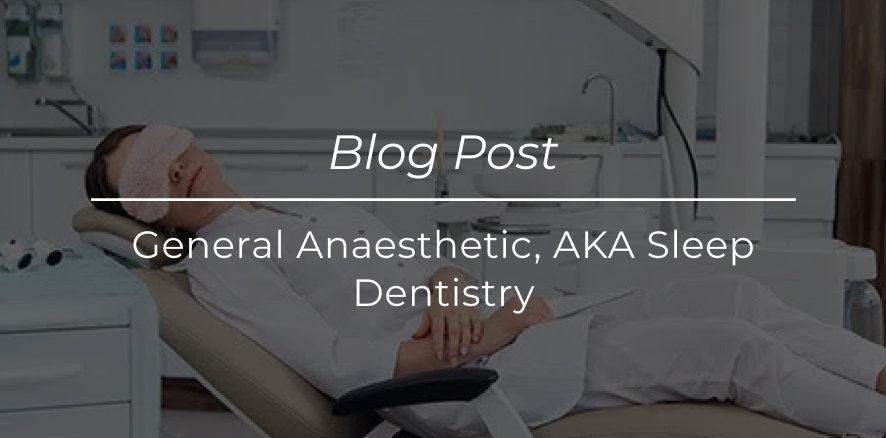Dental phobia is a very real phenomenon. One in seven adults experience fear of dental treatment in Australia, which means there is a genuine need for sleep dentistry.
Quality dental care should ensure that patients are comfortable and calm when receiving treatment. With sleep dentistry, patients who are too afraid to undergo dental treatment can receive the care they need without experiencing stressful dental phobia.
What Is Sleep Dentistry?
Sleep dentistry, also known as sedation dentistry, is dental care delivered when a patient is under general anaesthetic. It is helpful for young patients undergoing a stressful and painful dental procedure or adult patients who are nervous about receiving dental care while fully awake.
The process involves the services of a consultant anaesthetist who provides sedation medication during treatment. After the dental procedure is over, the patient is moved to a recovery area for observation to ensure they recover safely.
As soon as the dentist gives the ok to leave, the patient is discharged into the care of a family member or appointed guardian.
What Type of Sleep Dentistry Treatments Are Available?
There are four main types of sleep dentistry treatments:
- Oral Conscious Sedation: Patients take oral sedatives beforehand that relieve pain as they remain conscious during treatment with a relaxed/sleepy feeling.
- Inhalation Sedation: Patients are given nitrous oxide, also known as laughing gas or happy gas, which makes them sedated during the procedure, leaving patients conscious but relaxed and comfortable in chair.
- IV Sedation: Patients get a drug via IV injection that makes them unaware throughout the procedure while still retaining their reflexes whilst being monitored by a credited Anaesthetist. They have no memory of the procedure afterwards. This is suitable for large procedures or patients with severe anxiety, but cannot be used for procedures such as double All-On-Xs which can go up to 8-9 hours. For that we suggest General Anaesthesia instead.
- General Anaesthetic: Patients are put into a deep sleep by a credited Anaesthetist whilst the dentist. goes ahead and does the dental work needed. This is used when patients require surgeries of 5+ hours, usually for full mouth reconstructions.
What Are the Benefits of Sleep Dentistry?
Although not all patients are suitable for sleep dentistry, there are several benefits to this procedure.
Some of these benefits include:
- Allows dentists to complete pending dental procedures all at once without putting too much strain on the patient
- Alleviates anxiety as the patient is not awake to experience pain or the phobia of dental tools being used on them
- Encourages more patient visits to the dentist, promoting oral heal health
- Reduces the gag reflex, which can make dental treatments highly unpleasant and uncomfortable for patients
Berwick Dental Clinic and Surgery offers sleep dentistry treatments for patients with dental phobia. If you want to learn more about this service, book an appointment with our practice staff.
Call (03) 9707 3227 today.

